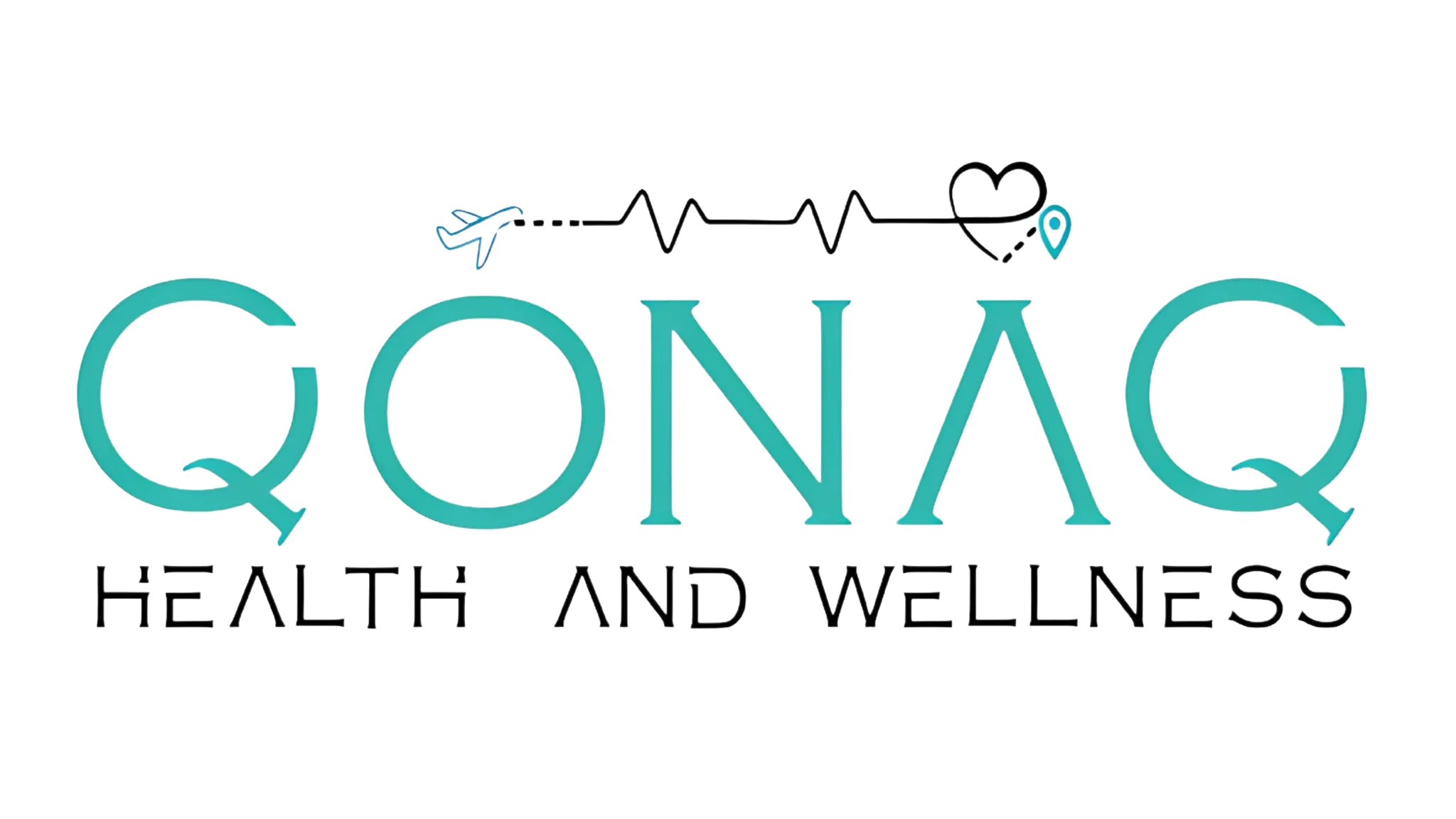Why Nigerians Choose India for Medical Treatment
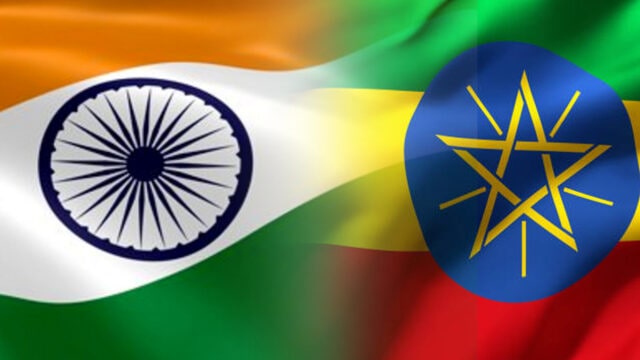
India is a leading hub for medical tourism from Nigeria, offering advanced treatments, shorter waiting times, and significantly lower costs than many alternatives. The pull factors are strong on both sides: India’s high-end hospitals (including many NABH/JCI-accredited centers) deliver complex care (transplants, oncology, cardiac and neurosurgery, IVF, and robotic procedures) while Nigeria’s domestic system faces capacity constraints that push patients to look abroad. According to the U.S. International Trade Administration, Nigeria has about 35,000 practicing doctors despite a need for roughly 237,000, and the country loses at least $2 billion annually to outbound medical tourism, with India responsible for more than half of that spend.
The Nigeria-to-India flow isn’t new; it has grown over more than a decade. In 2012, an estimated 18,000 Nigerians traveled to India specifically for medical care (about 47% of all India visas issued to Nigerians that year). A few years later, analyses suggested that around half of all Nigerian visitors to India in 2015 came for treatment, evidence that medical travel has remained a dominant purpose. At the same time, India’s broader medical-tourism ecosystem has scaled up to serve millions of international patients annually, supported by national initiatives like Heal in India and continuous investment in technology and clinical expertise.
For Nigerian patients and families, the value proposition is clear: world-class specialists, modern technology, and coordinated international-patient services (from tele-consults and treatment planning to arrival assistance and follow-up), typically at a fraction of Western prices and with minimal wait times.
Healthcare Challenges in Nigeria
Nigeria’s health system has strong clinicians and active private hospitals. Yet access to high-acuity care remains uneven across regions. Diagnostic services are scattered, so full work-ups take time. Operating theatres and ICU beds are limited for complex cases, which creates delays. Advanced technology and certain medicines are not always available when needed. Insurance coverage is improving, but many families still face large out-of-pocket bills. These gaps push patients to seek predictable, end-to-end care abroad, often in India.
- Specialist access is uneven: Nigeria has excellent clinicians, but specialist distribution is uneven. Tertiary centres cluster in a few cities. Patients from other regions travel far, then join long appointment queues. Complex cases often wait for operating lists to open.
- Diagnostics are fragmented: A full work-up rarely happens under one roof. Bloods, imaging, endoscopy, and pathology sit in different facilities. Samples move slowly. Results return on different days. Staging gets delayed, and treatment planning slips.
- Limited capacity for high-acuity care: Major surgery needs ICU beds, advanced anaesthesia, and round-the-clock monitoring. These resources are finite. Theatre time is rationed, and cancellations happen when post-op beds are unavailable. Time-sensitive cases lose precious days.
- Technology gaps in niche services: Robotic platforms, hybrid cath labs, precision radiotherapy, and comprehensive molecular testing are still scarce. Centres that have them cannot serve national demand. Patients who need these tools must seek alternatives elsewhere.
- Supply-chain interruptions: Oncology drugs, biologics, cardiac stents, and specialised implants are not always in stock. Imports face currency swings and clearance delays. Clinicians adapt protocols, but continuity suffers when a key item is missing.
- Care pathways are not fully integrated: Multidisciplinary tumor boards and transplant boards are growing, but not universal. Referrals rely on personal networks more than system rails. Families end up coordinating between surgeons, physicians, and labs on their own.
- Financing remains a hurdle: Insurance coverage is improving, but many advanced procedures still require large out-of-pocket payments. Hospitals issue separate bills for theatre, implants, consumables, and ICU. Budgeting becomes hard, and treatment gets paused.
- Rehabilitation and survivorship are patchy: After major surgery or chemo-radiation, patients need physio, nutrition, wound care, and psychosocial support. These services exist in pockets, but continuity from hospital to home is uneven. Recoveries take longer than they should.
- Information and records are not portable: Paper files and unlinked systems slow second opinions. Imaging on CDs goes missing. Pathology blocks are hard to retrieve. When families explore options abroad, they spend weeks just assembling a complete dossier.
When access, technology, and timelines do not align, families look for predictable routes. Medical tourism from Nigeria to India fills that gap. Patients seek places where diagnostics, surgery, critical care, and rehab sit on one integrated pathway, with clear scheduling and transparent packages.
Why is India a Preferred Destination for Nigerian Patients?
India streamlines complex care for Nigerian patients. Diagnostics, surgery, ICU, and rehab work as one program. International desks handle visas, scheduling, and paperwork. Care plans move quickly, with clear steps and predictable timelines. Families spend less time coordinating and more time healing.
- Integrated care on one campus: Most Indian tertiary centres keep diagnostics, operating theatres, ICUs, labs, pharmacy, and rehab in a single complex. Care moves without hand-offs across town. You register once, and the system routes you to each service. It reduces delays and confusion for families arriving from Nigeria.
- Subspecialists with focused case experience: Complex conditions go to teams that work only in that niche. Neuro-oncology, pediatric cardiac surgery, transplant hepatology, and reproductive medicine all have dedicated units. Regular exposure to similar cases sharpens judgment and technique. It also builds reliable protocols for rare or complex scenarios.
- Clinical pathways with clear timelines: Hospitals map journeys from admission to discharge. You see what is scheduled before surgery, what happens in theatre, and how recovery is tracked day by day. Nurses and coordinators walk families through the plan. Everyone knows the next step, so momentum is protected.
- Fast access to advanced diagnostics: PET-CT, 3T MRI, cardiac CT, endoscopic ultrasound, and molecular pathology are all available under unified scheduling. Samples are bar-coded and tracked. Reports land in the electronic record for all clinicians to view at once. Plans are made on complete data rather than partial results.
- Enhanced Recovery After Surgery (ERAS): Pre-habilitation starts before admission. Surgeons prefer minimally invasive approaches when appropriate. Multimodal pain control reduces opioids and nausea. Patients sit up, eat, and walk earlier, which shortens recovery and lowers complication risk.
- Reliable access to medicines and implants: Formularies cover targeted oncology drugs, biologics, and anticoagulants. Cardiac stents, joint prostheses, grafts, and meshes are stocked through stable vendors. Each implant is traceable with stickers and warranty documents. Back-up options are provided if a brand is not available.
- Single-window coordination for international patients: A dedicated desk manages pre-arrival teleconsults, treatment estimates, and medical visa invitation letters. The same team books tests, theatre slots, and inpatient beds. They arrange airport pickup and help your attendant with local logistics. You focus on care while they handle the paperwork.
- Digital records and structured aftercare: Clinicians share notes, images, and lab results through secure portals. Discharge packets are mirrored online, so nothing gets lost in transit. Follow-ups continue through video calls after you return to Nigeria. Your local doctor receives a concise handover with medication and monitoring plans.
High-Complexity Treatments Nigerians Commonly Seek in India
Many Nigerians travel to India for advanced and organized medical care. Hospitals coordinate diagnosis, treatment, and recovery within one managed pathway. Teams communicate clearly and share records with patients and families. This approach helps people complete treatment safely and return home confidently.
Cancer Care and Bone Marrow Transplant (BMT)
Indian cancer centres use combined surgery, chemotherapy, and radiation when required. Doctors order detailed scans and lab tests before planning treatment. Targeted drugs and precision radiation are available for suitable cancer types. Blood cancers may need autologous or allogeneic BMT with strict infection control. Follow-up continues online so families stay supported after returning to Nigeria.
Cardiac Surgery and Interventional Cardiology
Nigerian patients come for bypass surgery, valve repair, and complex coronary angioplasty. Cath labs, operating rooms, and cardiac ICUs work in close coordination. Teams follow clear protocols covering anesthesia, monitoring, and early mobilization. Recovery includes breathing exercises, medication guidance, and safe activity plans. Flight readiness is assessed before discharge to protect heart health.
Kidney and Liver Transplant
Transplant programs evaluate donors carefully and follow legal requirements. Surgery proceeds only after cross-matching and medical clearance are complete. ICU teams manage fluids, infection risk, and early graft function closely. Pharmacists teach immunosuppressant schedules and food–drug precautions clearly. Patients receive lab calendars and tele-follow-ups for stable recovery.
Neurosciences (Brain and Spine)
Care covers brain tumors, aneurysms, AVMs, epilepsy, and spine compression. Surgeons use neuronavigation and monitoring to improve safety and precision. Pain control and physiotherapy begin early to support faster recovery. Written instructions explain posture, sleep, and wound care after surgery. Doctors confirm travel safety and provide emergency contacts before departure.
Specialized Surgical and Day-Care Services Nigerians Choose in India
Not every condition needs an extended hospital stay or intensive care. Many procedures are completed as day-care or short-stay admissions. Clear instructions help patients manage recovery at home or a hotel. Tele-consults keep follow-up simple and accessible for families.
Orthopedics and Joint Replacement
Hospitals perform knee and hip replacements with careful infection control. Physiotherapy starts on day one to restore movement and strength. Most patients walk with support before going home safely. Discharge plans include exercises and precautions for travel. Tele-physio sessions are arranged when families return to Nigeria.
IVF and Reproductive Medicine
Clinics provide IVF, ICSI, and corrective laparoscopic procedures when needed. Labs maintain strict culture conditions and transparent embryo tracking systems. Doctors explain timelines, consent steps, and realistic success expectations. Treatment plans respect personal beliefs and privacy for couples. Follow-ups between cycles are handled through scheduled video calls.
Urology and Prostate Care
Services include stone removal, prostate surgery, and reconstructive procedures. Many cases are completed as safe day-care admissions. Nurses teach catheter handling and outline clear red-flag symptoms. Follow-up schedules are shared before discharge to reduce repeat visits.
Pediatrics and Congenital Conditions
Children receive care for heart defects, neurosurgical needs, and orthopedic issues. Pediatric anesthesia and intensive care support safe procedures and recovery. Parents receive dosing charts and growth monitoring plans clearly. Tele-reviews confirm progress and adjust medicines when required. Schools and activity timelines are discussed before returning to Nigeria.
Treatment Journey for International Patients (Nigeria to India)
Indian hospitals coordinate care from the moment you share your medical records. You receive clear timelines, cost estimates, and a visa invite before booking travel.
- Pre-arrival coordination: You gather reports, scans, and prescriptions and send them to the hospital team. They review your case, propose a plan, and issue a visa invitation letter (VIL).
- Travel and accommodation: You book flights that suit your condition and medication schedule. The hospital can arrange airport pickup and suggest safe, nearby accommodation.
- Registration and first consult: You complete registration with a passport, a visa, and an invitation letter. The clinical team confirms priorities, examines you, and finalizes required investigations.
- Diagnostics and staging: Tests are batched to avoid repeat fasting and unnecessary delays. Results are entered into one record, and the team agrees on the treatment pathway.
- Consent and preparation: Doctors explain benefits, risks, anesthesia, and expected recovery steps. You adjust medicines, complete clearances, and receive your procedure date.
- Procedure and inpatient care: Safety checklists run before anesthesia, surgery, or intervention. Recovery includes pain control, early mobilization, and daily medical reviews.
- Discharge planning: You receive a detailed summary, prescriptions, wound-care steps, and red-flag signs. Physiotherapy or diet plans are explained with simple daily targets.
- Flight readiness: Your doctor confirms when traveling is safe and provides a fitness note. The team advises hydration, mobility, and seat preferences for long flights.
Post-return follow-up: Teleconsults are scheduled, and you share labs through a secure link. Your local physician receives a handover with medications and monitoring ranges.
Cost Advantage For Nigerian Patients Traveling to India
India offers advanced care at sensible prices for international patients. Nigerian families see clear savings without giving up clinical quality.
- Where the savings come from: Hospitals control costs through high volumes and efficient operating models. Teams reduce waste and negotiate better supply prices.
- Transparent packages reduce surprises: Most centres share all-inclusive packages before you travel. The packages list doctor fees, OT use, room stay, medicines, and consumables.
- Shorter stays lower your total spend: Minimally invasive techniques shorten hospital stays and recovery time. You pay less for beds, nursing hours, and support services.
- Coordinated scheduling prevents repeat visits: Diagnostics are batched to avoid duplicate tests and extra days. A single itinerary saves money on hotels, taxis, and missed flights.
- Practical budgeting support: Case managers provide estimates and payment milestones in writing. You can plan currency exchange, daily expenses, and return tickets confidently.
Indian Medical Visa for Nigerian Patients
Below are the steps, documents, fees, timing, and stay rules for Nigerian citizens coming to India for treatment. The process is straightforward if you prepare the right papers and follow the consulate’s instructions.
Where and how to apply
Apply under “Regular Visa Application” at the Indian government portal, then submit in person at either the Consulate General of India, Lagos, or the High Commission of India, Abuja. Nigerian applicants must appear for biometrics (fingerprints and iris) at the consulate. Do not book tickets until the visa is issued. The application window in Lagos is 09:00–11:00 (Mon–Fri); passport collection is 16:00–17:00.
Documents you should prepare
Bring a neatly organised file. Typical requirements include:
- A passport valid for at least 6 months, plus a photocopy of the data page.
- Printed online visa form and two photos (2x2 inches, light background).
- Referral letter from your Nigerian hospital/doctor stating diagnosis and why treatment is advised in India.
- An invitation letter from the Indian hospital on letterhead, emailed directly by the hospital to the consulate (you also attach a printout). Include proposed dates and any attendant names.
- Medical records (recent labs, scans, discharge notes). Transplant cases should include a donor compatibility work-up.
- Financials: last 3 months’ bank statements (or sponsor affidavit + ID).
- Vaccinations: Polio (OPV/IPV) certificate valid within 1 year of travel and Yellow Fever certificate (except infants under 6 months).
Fees (Nigerian nationals)
As of April 1, 2025, Lagos shows a uniform visa fee for Nigerian nationals: $585 + $3 ICWF (payable in Naira at the posted exchange), applied across visa categories. Abuja lists the exact figure. Fees are non-refundable, and visas are valid from the date of issue. Always check the latest chart before you pay.
Processing time
Routine files can move quickly, but the consulate notes that some visa types may take up to six weeks. Plan your treatment dates with this buffer, and book flights only after the grant.
How long can you stay and the number of entries?
For a regular Medical (MED-1) visa, the initial validity is up to one year or the treatment period, whichever is shorter. Missions may issue six months with multiple/triple entries as a default in many cases. Extensions up to one additional year can be granted in India by FRRO/FRO on a hospital certificate (NABH/ICMR/CGHS/MCI recognised). If your visa validity is over 180 days, you must register with FRRO within 14 days of arrival.
Medical Attendant (MED-X) visa
You may bring up to two attendants (family or close friends). Their MED-X visas are co-terminus with the patient’s medical visa and should be applied for together with the same hospital invitation naming the attendants.
Step-by-step flow you can follow
- Share records with your chosen Indian hospital; request an official invitation.
- Complete the online Regular Visa form; select CGI Lagos or HCI Abuja as the mission.
- Print, sign, and book an appointment; prepare the checklist documents.
- Attend biometrics and submit your file; pay the fee in Naira as posted.
- Wait for the decision; only then finalise flights and accommodation.
Tip: Keep scans of every document in your phone and cloud. Carry originals plus 2–3 photocopies to the counter. It prevents repeat visits.
Conclusion
Nigerian families choose India because care is organized from the first record review to the final follow-up, with clear steps and dependable timelines at every stage. Hospitals keep diagnostics, surgery, intensive care, and rehabilitation on one campus, which reduces delays, prevents confusion, and helps patients move smoothly through each part of treatment.
Minimally invasive techniques and structured recovery programs shorten hospital stays, lower complication risks, and help families return home sooner with clear instructions they can follow. Quality and safety remain visible because accredited hospitals use audited protocols, sterile workflows, medication checks, and outcome reviews that keep care consistent across shifts and departments.
Choose accredited hospitals with strong communication and defined tele-follow-ups, because reliable aftercare protects results once you are back in Nigeria and ready to resume daily life. With thoughtful planning and the right clinical partner, medical treatment in India delivers advanced care, sensible costs, and a steady path from diagnosis to recovery.
Related Hospitals
Discover hospitals and medical centers related to this topic for quality healthcare services.

SP Medifort Hospital
SP Medifort, Thiruvananthapuram, is a JCI-accredited, 475-bed multi-super-specialty hospital spread across 500,000 sq. ft. The hospital houses 10 modu...
Accreditations
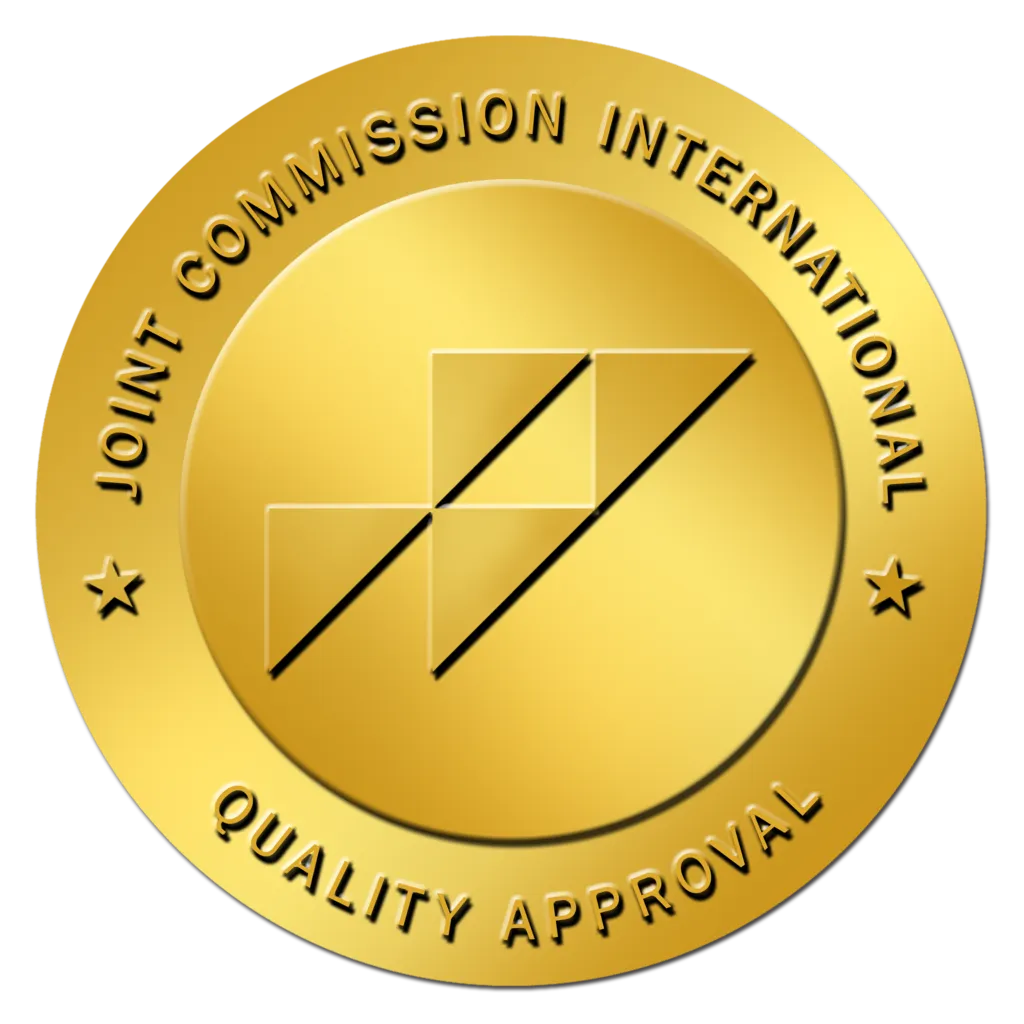
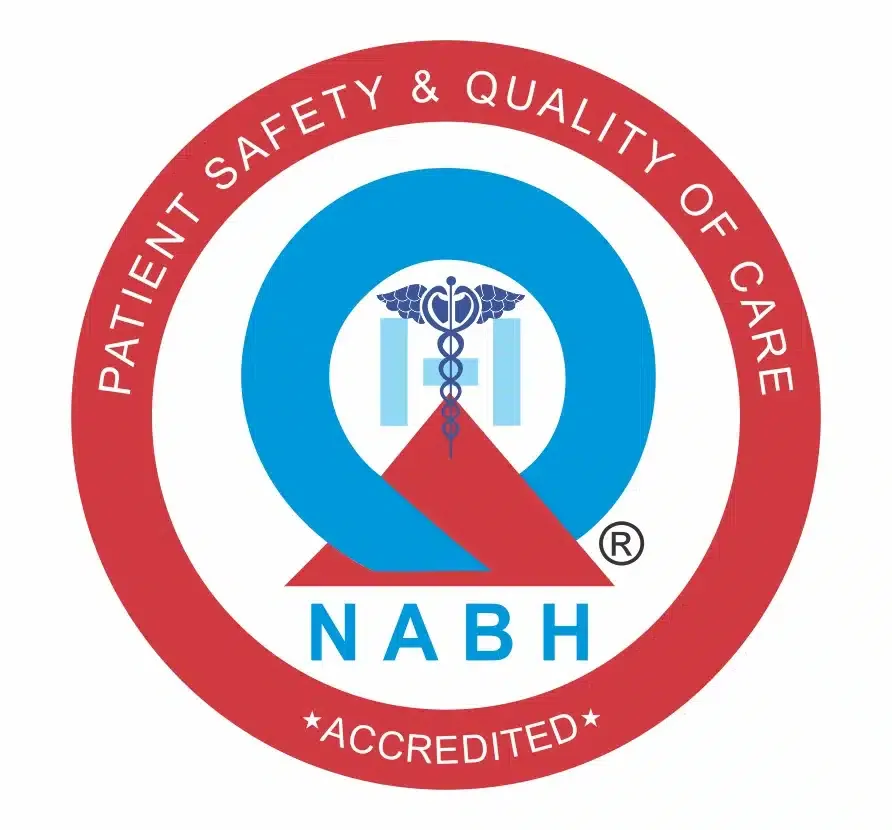
Facilities

CARE Hospitals, Banjara Hills, Hyderabad
CARE Hospitals, Banjara Hills, Hyderabad, is a 435-bed NABH and NABL-accredited multispecialty hospital with 120 critical care beds. Established in 20...
Accreditations

Facilities

AIG Hospitals, Gachibowli, Hyderabad
AIG Hospitals, Gachibowli, Hyderabad, is a 1,000-bed, JCI- and NABH-accredited super-specialty hospital spanning 1.7 million sq. ft. It is the flagshi...
Accreditations


Facilities

Gleneagles Global Health City, Chennai
Gleneagles Global Health City, Chennai, is a 200-bed quaternary-care hospital and part of the IHH Healthcare network, one of the world’s largest priva...
Accreditations

Facilities

MGM Healthcare, Chennai
MGM Healthcare, Chennai, is a 400-bed quaternary-care super-specialty hospital accredited by JCI, NABH, and NABL. The hospital features 100 ICU beds, ...
Accreditations


Facilities

MIOT International, Chennai
MIOT International, Chennai, is a 1,000-bed NABH- and NABL-accredited multispecialty hospital serving patients from more than 130 countries. Establish...
Accreditations

Facilities
Related Articles
Explore more articles and insights on similar health topics.
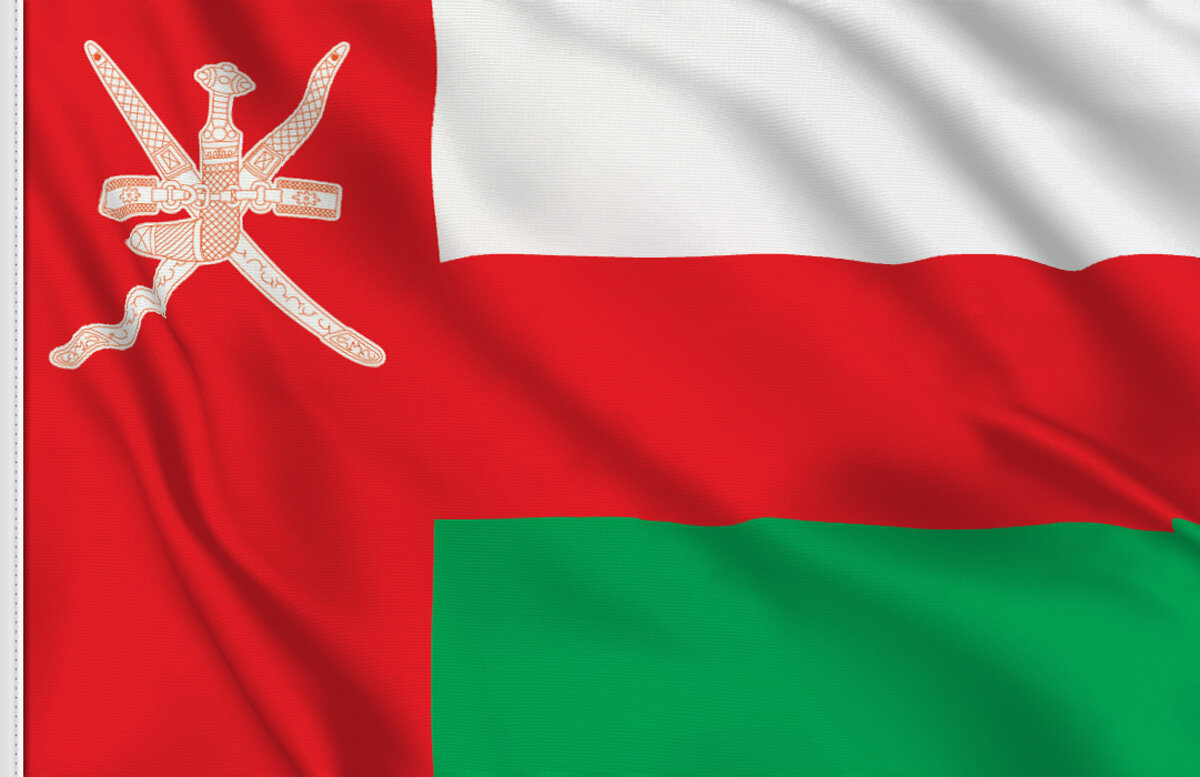
Why Do Oman Patients Look Abroad for Treatment?
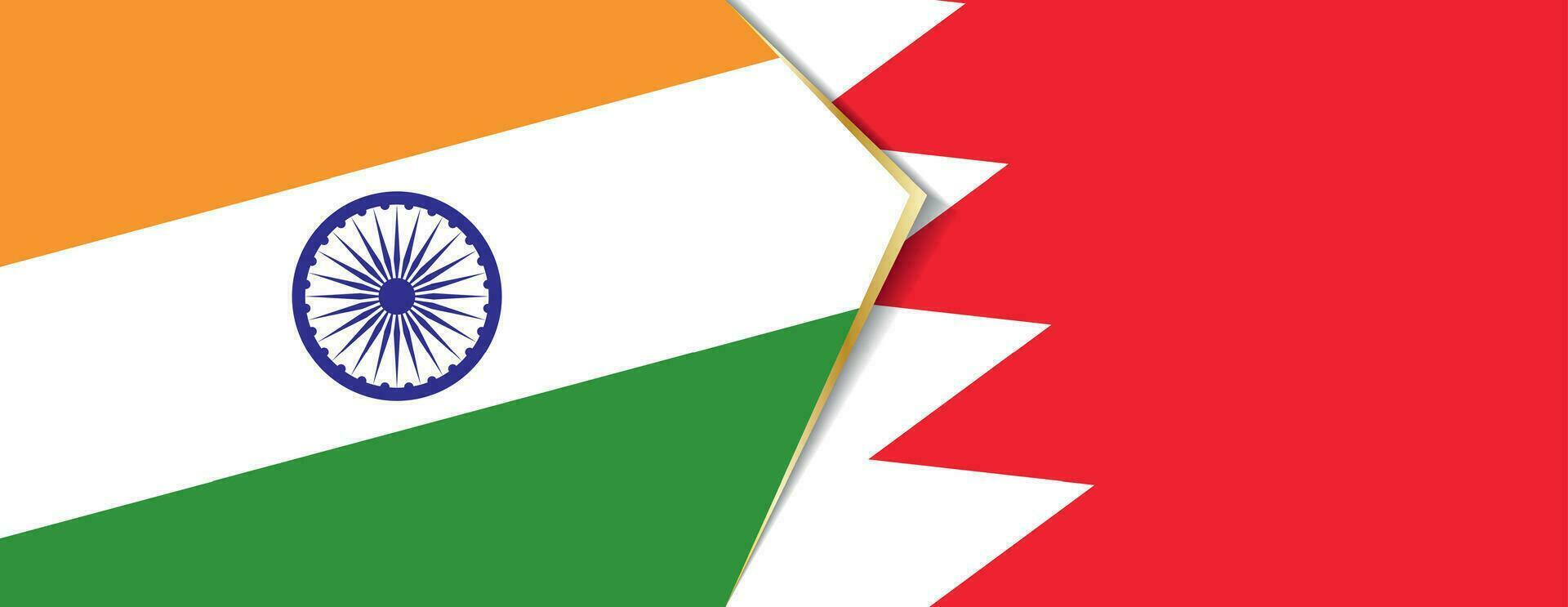
Why India is Becoming the Healthcare Hub for Bahrain Patients
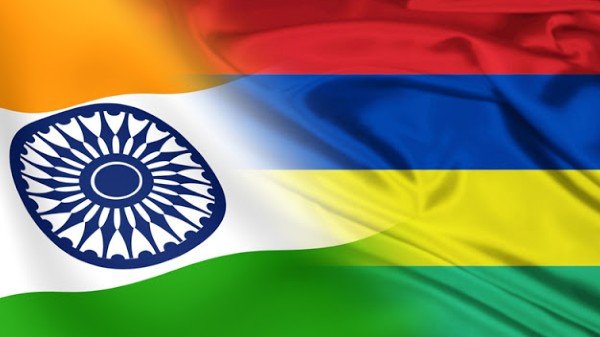
Why Patients from Mauritius Opt for India for Medical Tourism
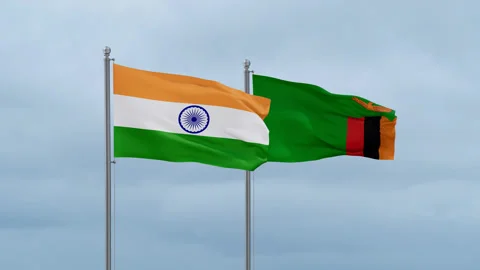
Top Reasons Zambians Are Turning to India for Advanced Medical Treatment
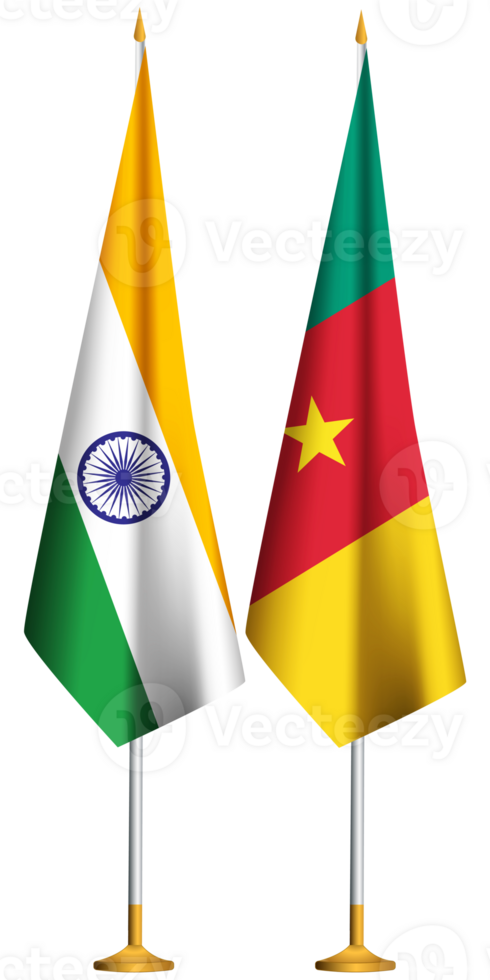
Why Cameroonian Patients Choose India for Treatment
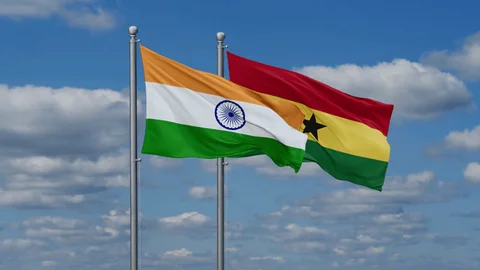
Top Reasons Ghanaian Patients Travel to India for Treatment
Our website uses cookies. By clicking on accept you give your consent to the use of cookies as per our Privacy Policy.
